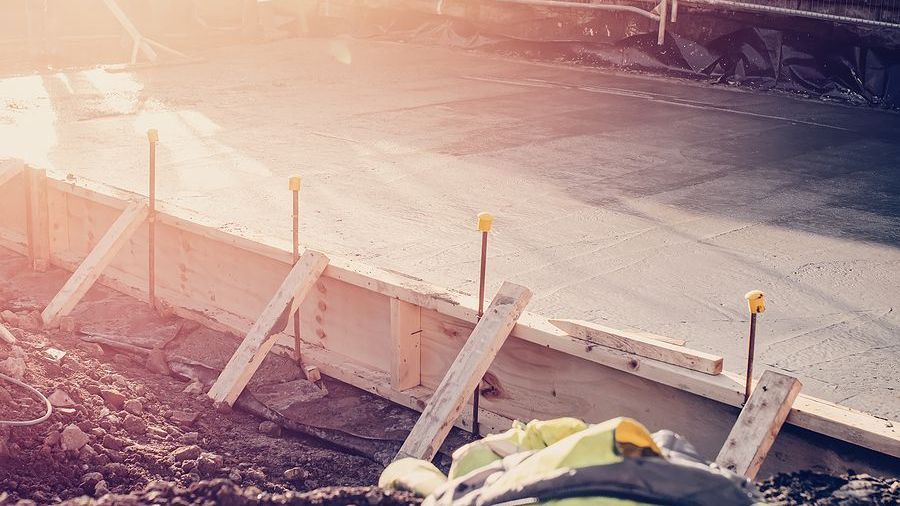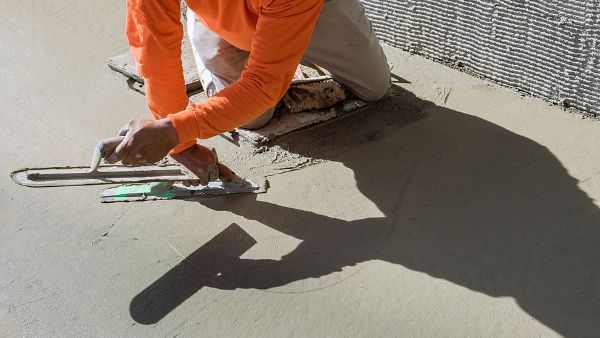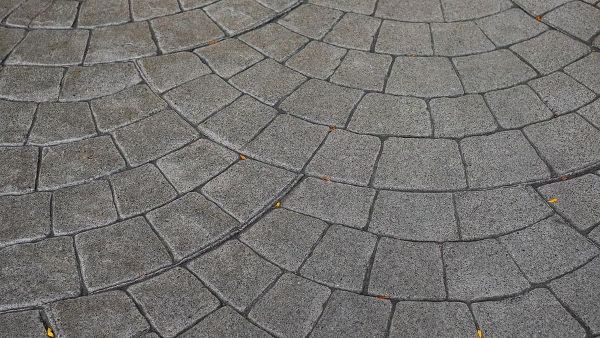7 Things You Need To Know About Concrete and Electricity
Understand the Relationship Between Concrete and Electricity
According to statistics, approximately 92 metric tons of concrete are produced in a year. This is a massive amount, but it’s unsurprising given the multitude of uses concrete is good for. You might be wondering whether conducting electricity is one of these uses. The answer depends on several factors, including the materials contained in the concrete and whether the concrete is wet. Find out how a concrete contractor can help you handle electrical safety issues.
1. Get Safety Help From a Concrete Contractor
There are a few reasons you may wonder about the conductivity of concrete. If you are managing a construction site and planning to run utilities, for example, the conductivity of the concrete is an important consideration. If the concrete does indeed conduct a current, it could cause the material to generate heat and become a safety hazard. If there is any question regarding the safety of a project, it’s best to enlist help from a concrete professional who can ensure the job gets done right.
2. Concrete Can Conduct Electricity
Can concrete conduct electricity? The short answer is yes. As any concrete contractor will tell you, though, the long answer is a lot more complicated. While concrete can act as a conductor, it typically doesn’t, and there are a few reasons why. First, concrete that is completely dry will be highly resistant to electricity.
This means that it does not easily carry an electrical current. Its low thermal resistance and low insulation levels further make it an unlikely conductor. All of these characteristics mean that while concrete technically can conduct electricity, it’s far more likely to slow down any electrical current it comes into contact with.
3. Concrete Is an Insulator
Concrete’s ability to slow down electricity means that it’s actually more appropriately classified as an insulator than a conductor. A material that acts as an insulator prevents an electrical current from flowing. It can also do the following:
- Reduce the cost of energy
- Prevent shock from high-voltage currents
- Reduce the production of heat
Concrete’s ability to do all of these things makes it a generally safe option for housing electrical utilities, wiring, and other electrical amenities. It’s still important to consult with a concrete contractor to ensure that you install electrical features safely when you’re working with concrete. A concrete professional is well-versed in the many safety issues that can emerge when pouring a slab.
4. Conductivity Depends on Materials
Although concrete is typically considered an insulator rather than a conductor, it’s important to remember that its conductivity depends on the materials contained in the concrete. Different concrete formulations will have different levels of connectivity.
Those that contain a higher concentration of metallic particles, for example, are more likely to display greater conductivity. Some of the other particles which may increase conductivity include the following:
- Carbon
- Steel
- Iron ore
- Silicone
- Aluminum
- Sulfur
- Calcium
If you’re not sure what kind of concrete formulation is right for your project, consult a concrete contractor for more information.
5. Wet Concrete Is More Likely to Be Conductive
In addition to the materials contained in concrete, its moisture content can also impact how conductive it is. Concrete that’s completely dry and cured will generally have a low conductivity rate, while concrete that’s wet is far more likely to act as a conductor.
This is because the free ions in water molecules have conductive potential and allow an electrical current to flow more effectively. For this reason, it’s important to keep electrical wires and utilities clear of wet concrete and trust an experienced concrete contractor to handle the job.
6. The Future of Conductive Concrete Is on the Horizon
In some cases, it may be desirable for concrete to conduct electricity. If concrete can conduct electricity, a new world of applications may emerge, allowing for new innovations in construction and technology. One potential development, for example, is the creation of concrete that is resistant to ice and snow.
Scientists have been working toward this potential and experimenting with various additives that may increase concrete more conductive. One study found that the addition of nanocarbon black allows concrete to generate heat and conduct electricity quite effectively.
7. Trust a Concrete Contractor for Electrical Issues
Anytime you are handling electricity, safety must be your foremost concern. Safety can be a complex issue, though, when you’re also dealing with a material such as concrete that may act as a conductor. Understanding the conductive potential of concrete will help you maintain safety and avoid potential mishaps, but the safest option is enlisting help from a construction professional.
A concrete contractor can help you identify your project’s goals, choose the right concrete products, and implement a safety plan. Trust RTS Construction for all of your concrete needs, including safe handling of electrical features. For more information, reach out to us at (707) 620-0904 or contact us online.





